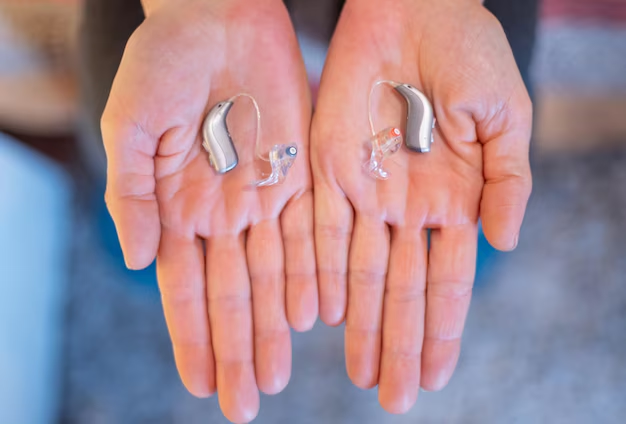How to Become a Licensed Hearing Aid Dispenser
Embarking on a career as a Licensed Hearing Aid Dispenser is a rewarding journey for those passionate about improving the quality of life for people with hearing impairments. This profession requires a specific blend of formal education, certification, and practical training. Typically, aspiring dispensers must have at least a high school diploma or equivalent, but many states and employers prefer candidates with an associate's or bachelor's degree in fields such as audiology, communication sciences, or a related health science. Such educational backgrounds provide a solid foundation in the anatomy and physiology of hearing, as well as essential communication skills.
Certification and licensing requirements vary by state, with most requiring candidates to pass a state-specific written and practical examination. It's common for aspiring dispensers to complete a training program or apprenticeship that offers hands-on experience under the supervision of a licensed hearing aid dispenser or audiologist. Additionally, professional organizations, such as the International Hearing Society (IHS), offer certification programs like the Hearing Aid Specialist Certification, which can enhance credibility and employment prospects. This blend of formal education and practical training equips individuals with the necessary skills to succeed in this fulfilling field.
Pathways to Becoming a Licensed Hearing Aid Dispenser:
- 📜 High School Diploma or GED: Basic educational requirement.
- 🎓 Associate's/Bachelor's Degree: Recommended in Audiology, Communication Sciences, or related fields.
- 🛠️ Training/Apprenticeship: Practical experience often required or highly beneficial.
- 📝 State Licensing Exam: Typically mandatory; varies by state.
- 📋 Certification through IHS: Optional but valuable for career advancement.
- 📚 Continuing Education: Keeps skills updated and meets license renewal requirements.

Related Topics
- Becoming A Neurosurgeon
- Becoming A Pediatrician
- Becoming Physician Assistant
- Becoming A Surgeon
- Becoming A Doctor
- Becoming Brain Surgeon
- Becoming Cardiothoracic Surgeon
- Becoming Family Physician
- Forensic Pathologist Duration
- Becoming A Gyno
- Heart Surgeon Timeline
- Orthopedic Surgeon Training
- Pediatric Dentist Duration
- Pediatric Doctor Timeline
- Pediatric Surgeon Training